



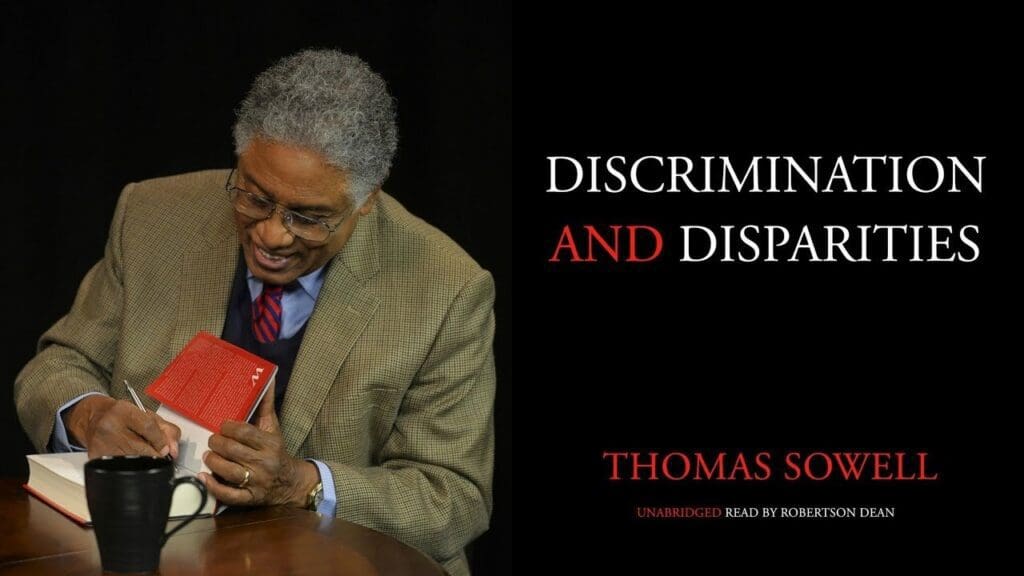
Is discrimination the only factor which stands in the way of black Americans to succeed? In his new book, renowned American economist Thomas Sowell investigates the multitude of factors that influence racial disparities in the United States.

Cooperation between China and the Central and Eastern European countries (CEE) was established in 2012. While at its peak, the initiative comprised 17 CEE states, that number has shrunk to 14, as a result of disillusionment with Beijing over its silence on the Russian aggression against Ukraine, as well as its unkept investment promises.

23 August is dedicated to the Victims of All Totalitarian and Authoritarian Regimes. Observing this day is particularly important when our societies’ collective memory about past oppression is fading away.

Kosovo’s decision to mandate the use of Kosovo-issued IDs and license plates sparked border tensions with Serbia earlier this month. Despite recent EU-mediated talks in Brussels, the two countries have not yet settled their dispute.
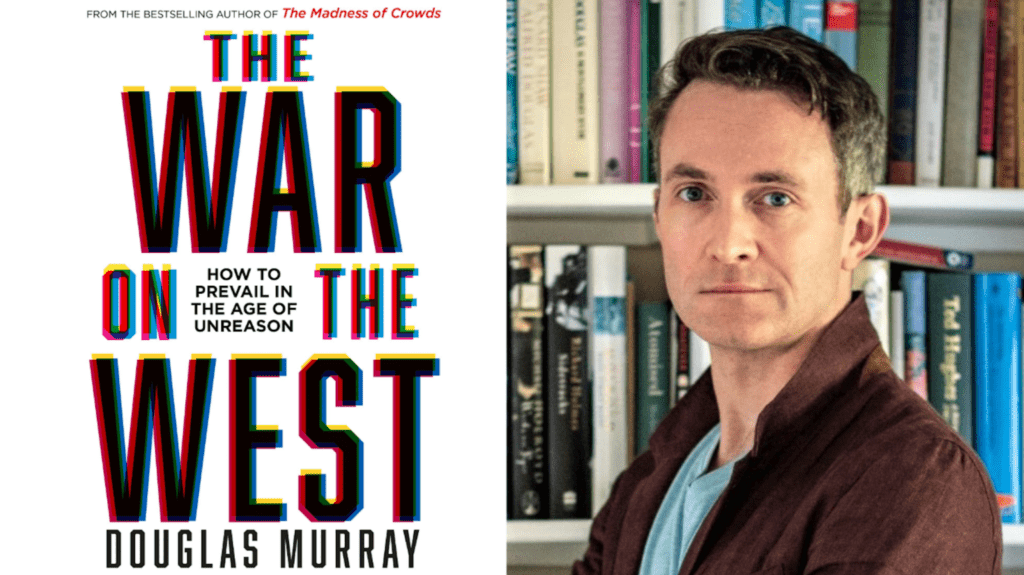
Douglas Murray, author of The Strange Death of Europe, has recently published his latest book, The War on the West. The book highlights the relentless attempts to undermine and morally discredit Western institutions, cultures, and people, while it also offers a defence and a recount of the achievements of the Western world.

Budapest’s mayor unknowingly participated in a conversation with two Russian comedians, who were pretending to be the mayor of Kyiv. The incident raises some worrying concerns about how much we can trust our eyes in the age of deep fakes.
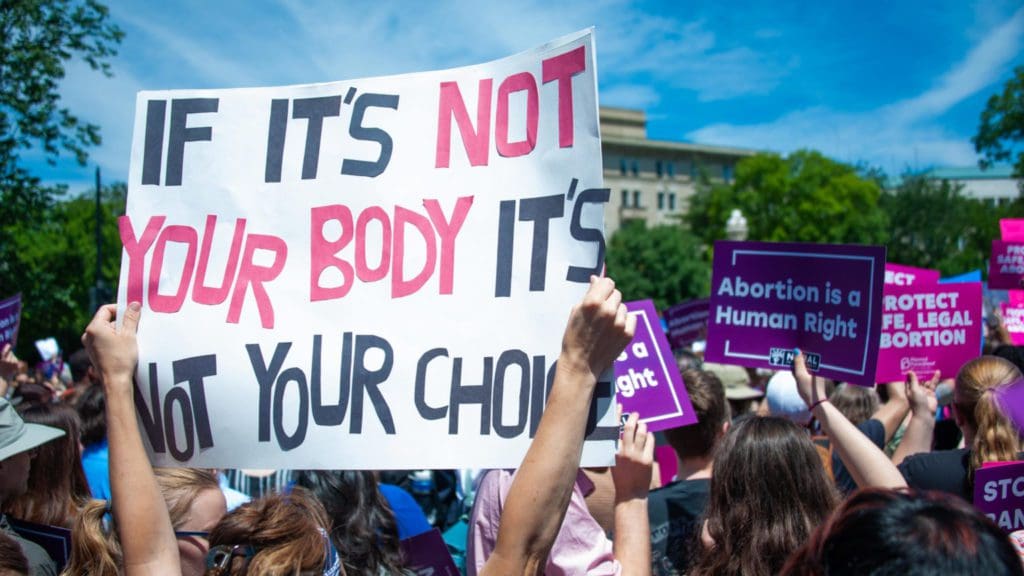
On Tuesday Kansas voted on an amendment that was supposed to remove abortion rights protections from its state constitution. The majority of Kansans rejected the amendment in a referendum that saw a record high turnout.
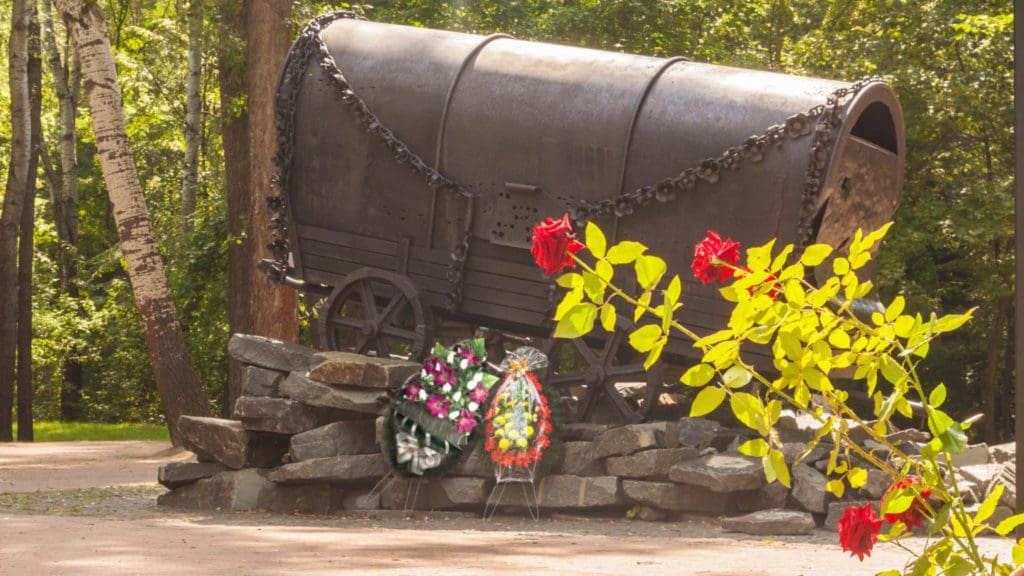
Today, on 2 August we remember the victims of the Romani Genocide, the Porajmos.

On 21 July, Minister Péter Szijjártó announced a HUF 400 billion expansion investment at Mercedes-Benz’s factory in Kecskemét.
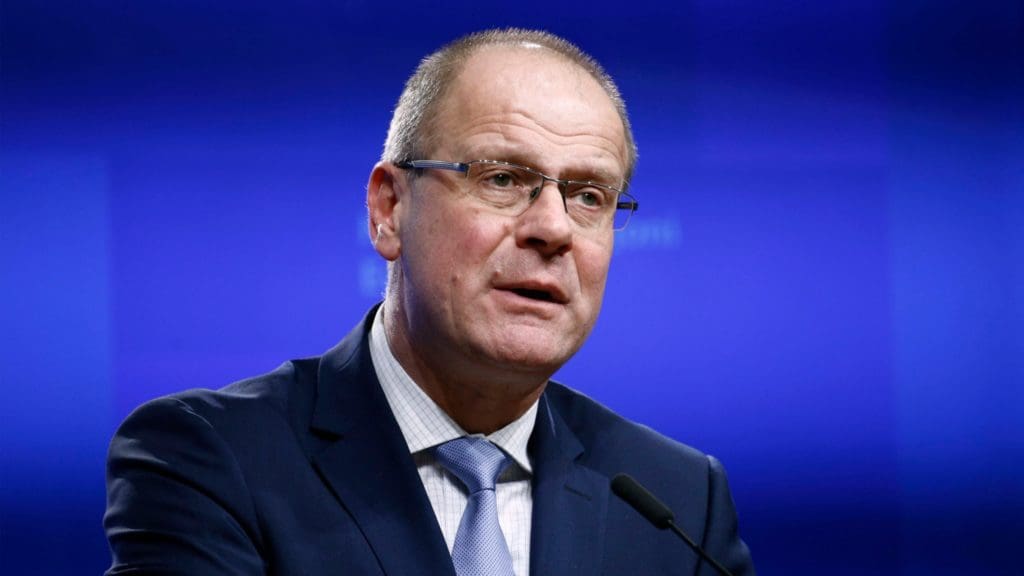
In an exclusive presentation at MCC, Minister Tibor Navracsics addressed the question of the EU Recovery Funds, as well as the current state of the negotiations between Brussels and Budapest.

For decades gratitude payments were a permanent ill of the Hungarian healthcare system. Informal payments overshadowed doctor-patient relations as they were unethical, and they also disadvantaged the least fortunate. As in 2021 informal payments were criminalised by the government, suddenly there is a decline in the frequency of this harmful habit.

The most recent leaks to The Guardian reveal how Uber organised secret meetings, lobbied politicians and paid academics to promote its business. The scandal has reached several high ranking politicians from Emmanuel Macron to Joe Biden.
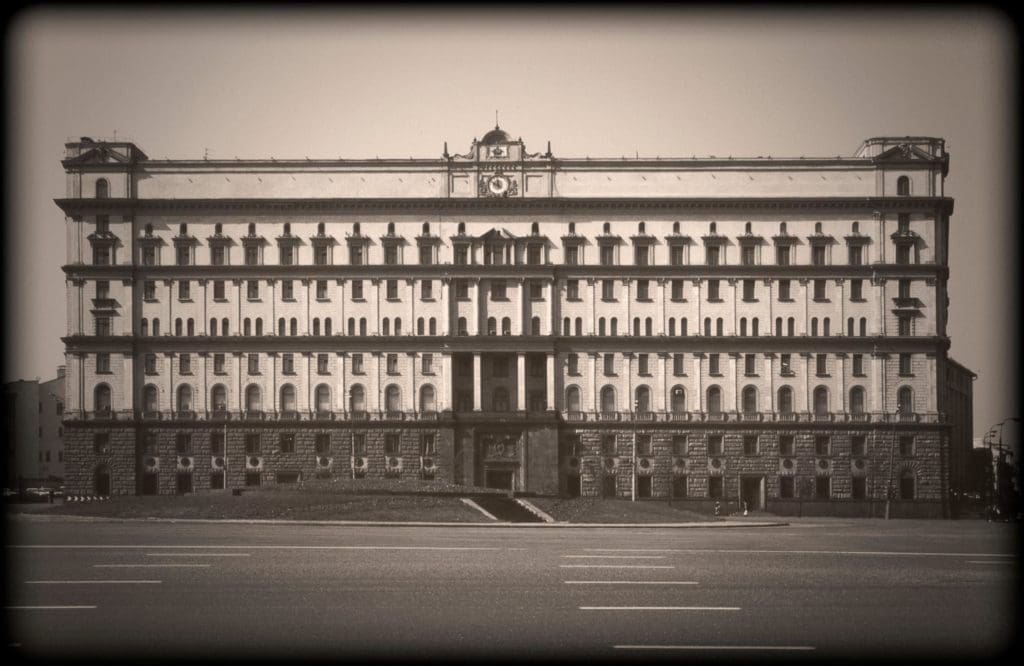
Disinformation, fake news or active measures to ideologically subvert the Western world – 38 years ago a former KGB agent, Yuri Bezmenov exposed Soviet techniques to ideologically undermine the Western world. The ideological capture of some Western institutions bears an uncanny resemblance to what he described as the KGB’s plan to demoralise the American society.

Given the debates over abortion in the United States, it is worth reviewing Hungary’s situation, where abortions have considerably decreased in the last ten years without any change in the abortion regulation.
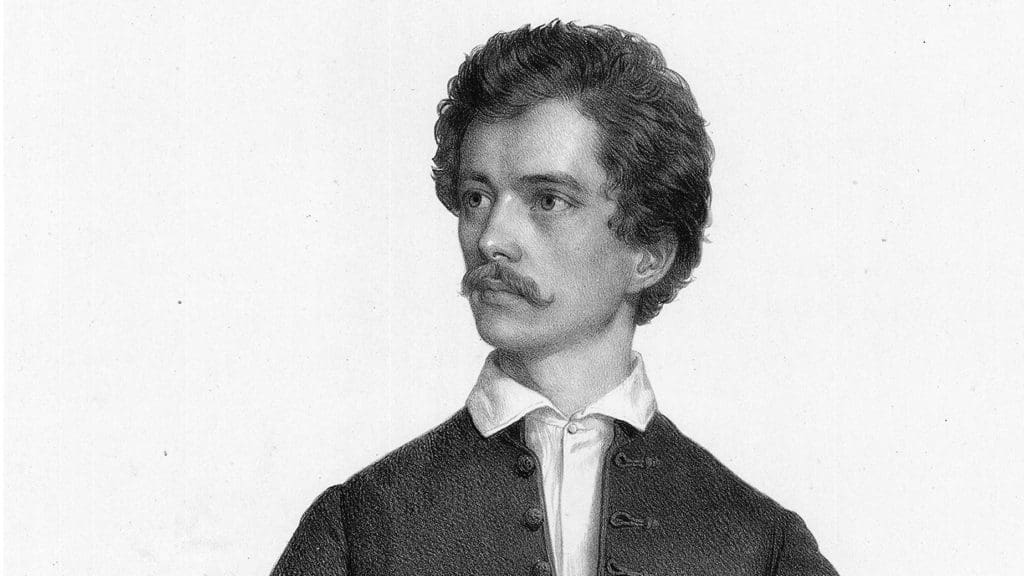
2022-2023 is dedicated to the bicentenary of Hungary’s greatest national poet, Sándor Petőfi. He is one of the internationally best-known Hungarian poets and the most influential representative of Hungarian Romanticism. He has given his life for his ultimate ideal – the liberty and independence of Hungary.

How did feminism which was predicated on pursuing the equality of women disconnect from those it was supposed to serve?

As colonel commandant, Kováts’s main mission was to train a cavalry in the tradition of Hungarian hussar tactics. Within months, the legion had become the best-trained and most reputable cavalry unit fighting in the Continental Army.
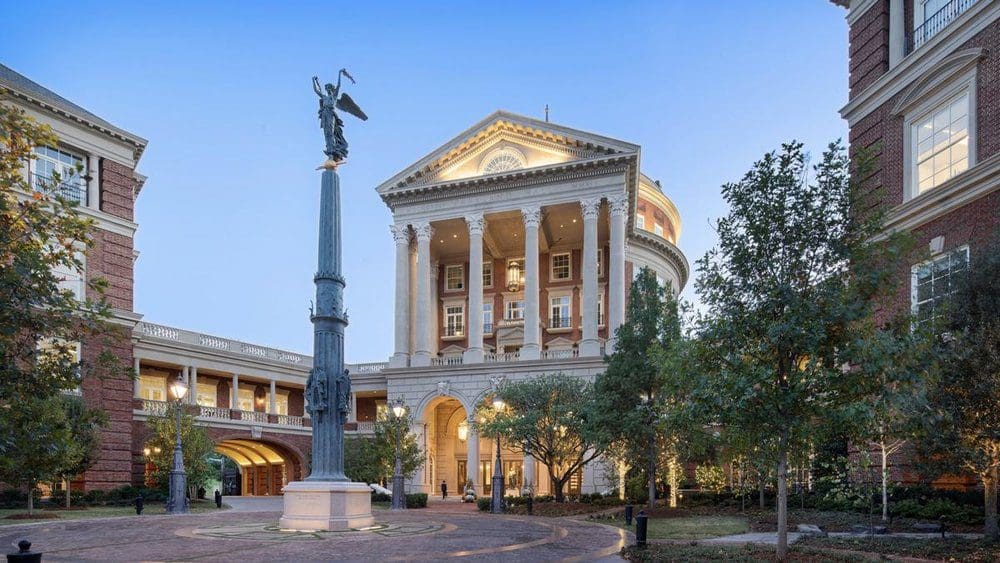
As a “warm-up” UATX launched its first in-person programme earlier this summer in Dallas. The summer university was titled ‘Forbidden Courses’ and it was dedicated to the most vexing questions of our time.
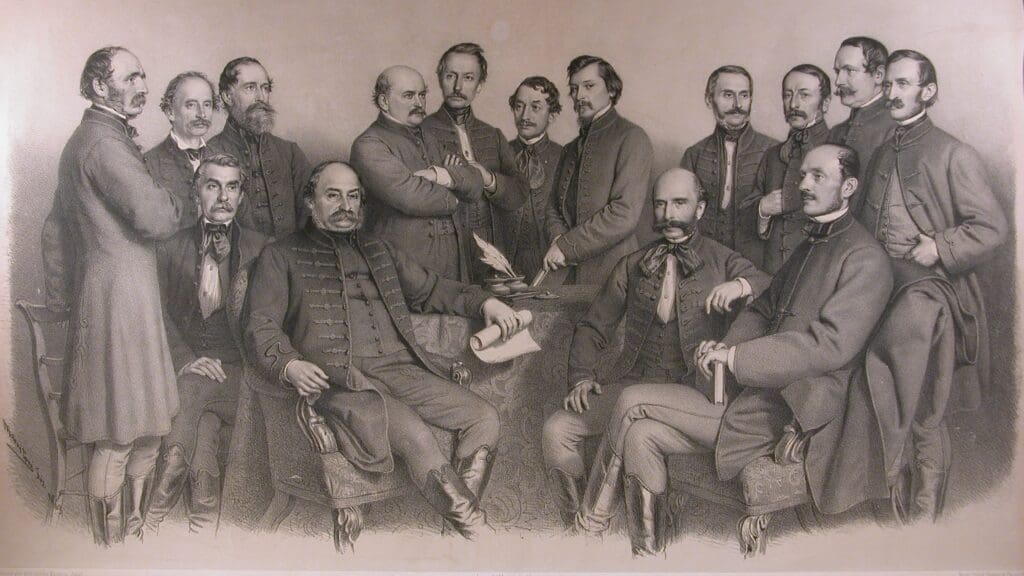
The memorial day is dedicated to honouring the hard work, the unrelenting sacrifice and outstanding achievements of healthcare workers in Hungary.
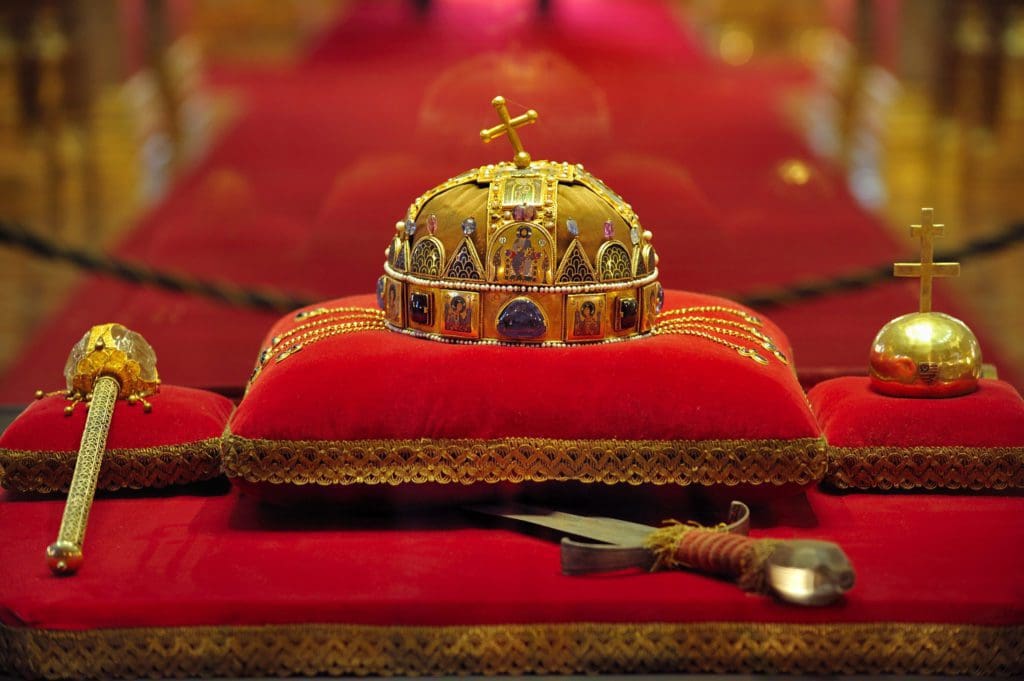
According to the Doctrine of the Holy Crown, the Crown itself has a personhood that is identical to Hungary. The Doctrine holds that Hungary is of the Holy Crown, everything that Hungary is, belongs to the Crown himself.
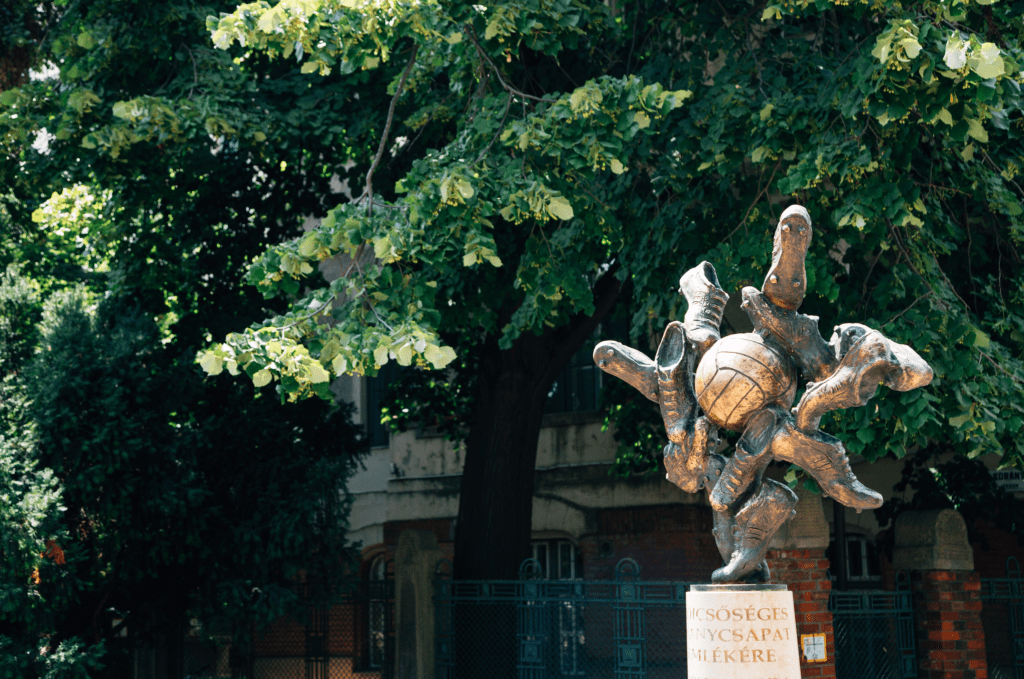
Much of Hungary’s current pride and interest in football dates back to this period and to the successes of the Golden Team.

Given the PISA results, there is some indication that in Hungary the performance of students in schools is more profoundly determined by their family background than in other OECD countries.

There are two things that are common about Elena Ceaușescu and Trofim Lysenko – first, both of them were possessed by Marxist ideology and second, that their social class (unprivileged background) made their elevation “ideologically convenient” for the regimes of the Eastern Bloc.

The moderation of Budapest’s role is largely due to the high share of infrastructure related public investments which developed Hungarian regions more than the capital.
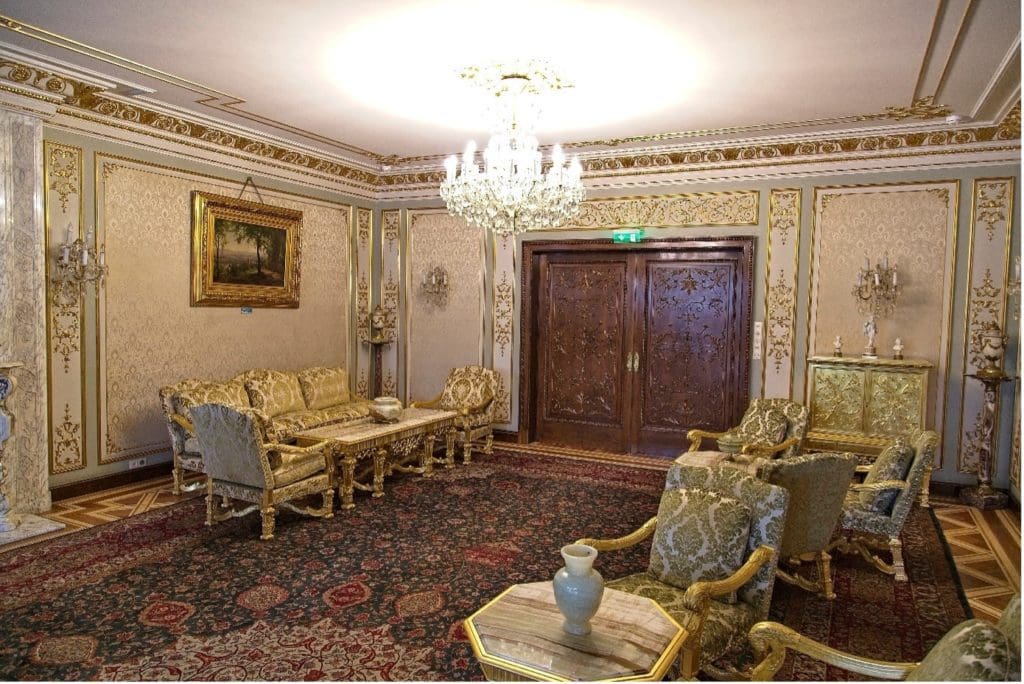
In this article we further investigate the persistence of inequalities under state socialism to demonstrate that it is not only impossible to eradicate inequality, but that inequality is a phenomenon far too complex for any single ideology to single-handedly address.

During the 1956 Revolution, as prime minister, Imre Nagy committed the Hungarian regime to introduce a free multiparty system, leave the Warsaw Pact, and work towards the neutrality of the country.
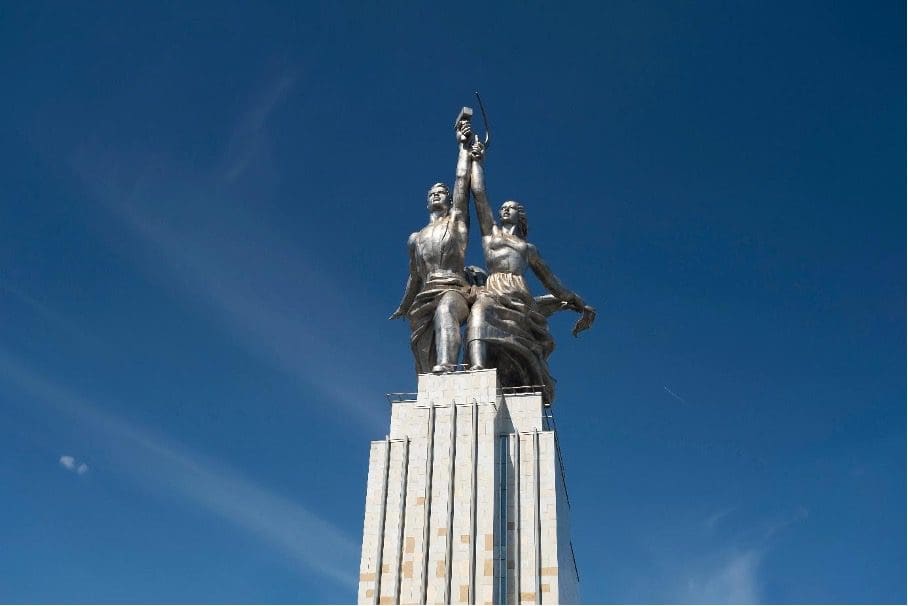
In his self-criticism after the Revolution, one of the leading politicians of state-socialist Hungary admitted that they were interested in only having the ‘right number of women’ in positions of responsibility, instead of genuinely working on women’s equality in representation.

Hirsi Ali establishes a link between immigration and increasing sexual violence against women, and traces back the root of the problem to the cultural differences between Christian Europe and Muslim-majority countries.
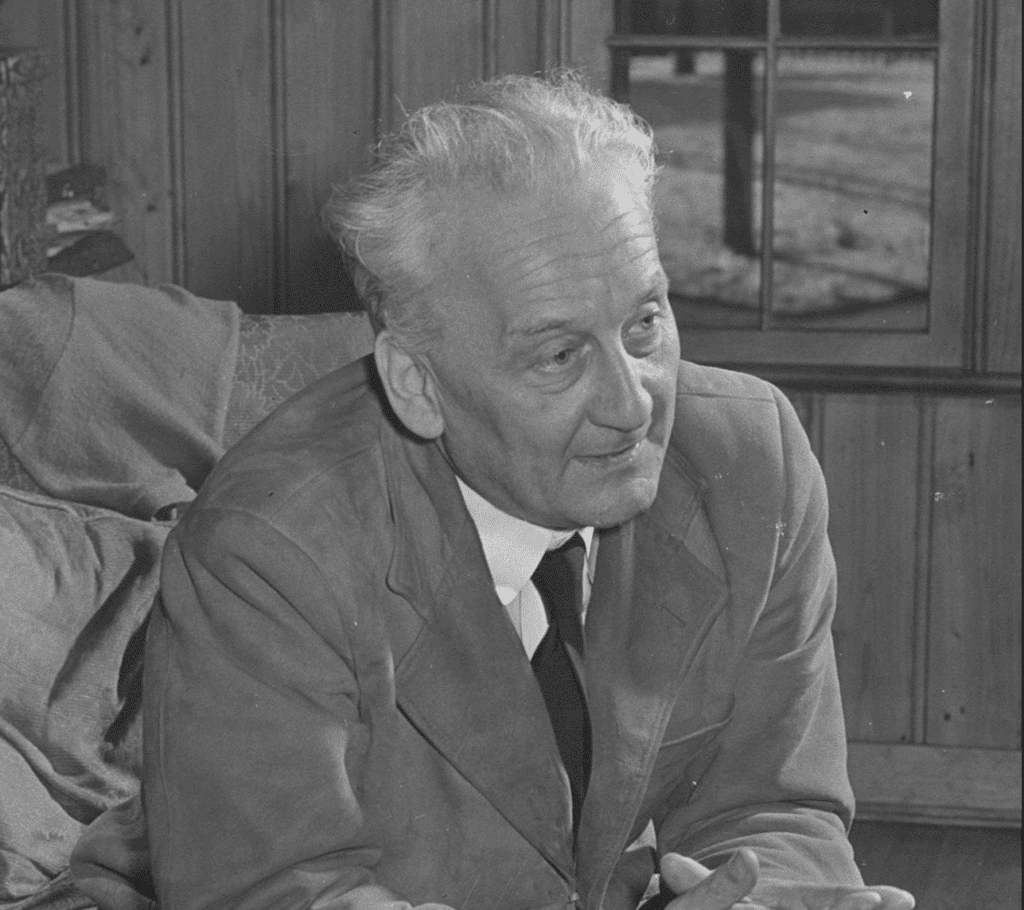
This particular date on which the achievements of Hungarian inventors is celebrated was selected because one of the first Hungarian Noble Prize winners, physician and biochemist Albert Szent-Györgyi, who first isolated vitamin C and discovered the components of the citric acid cycle, announced his invention on this day in 1932.
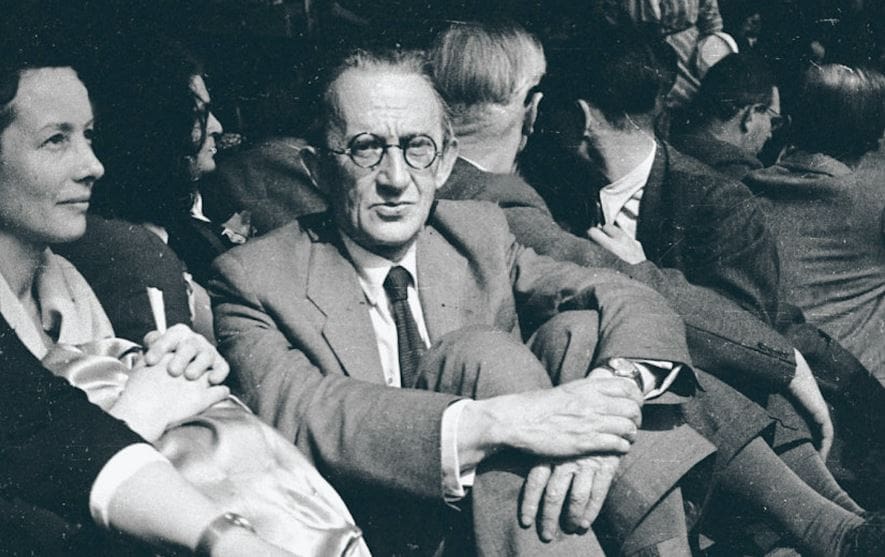
Some argue that the current push in the USA to extend discussions about sex in schools originates from György Lukács, and it has very malevolent intentions.